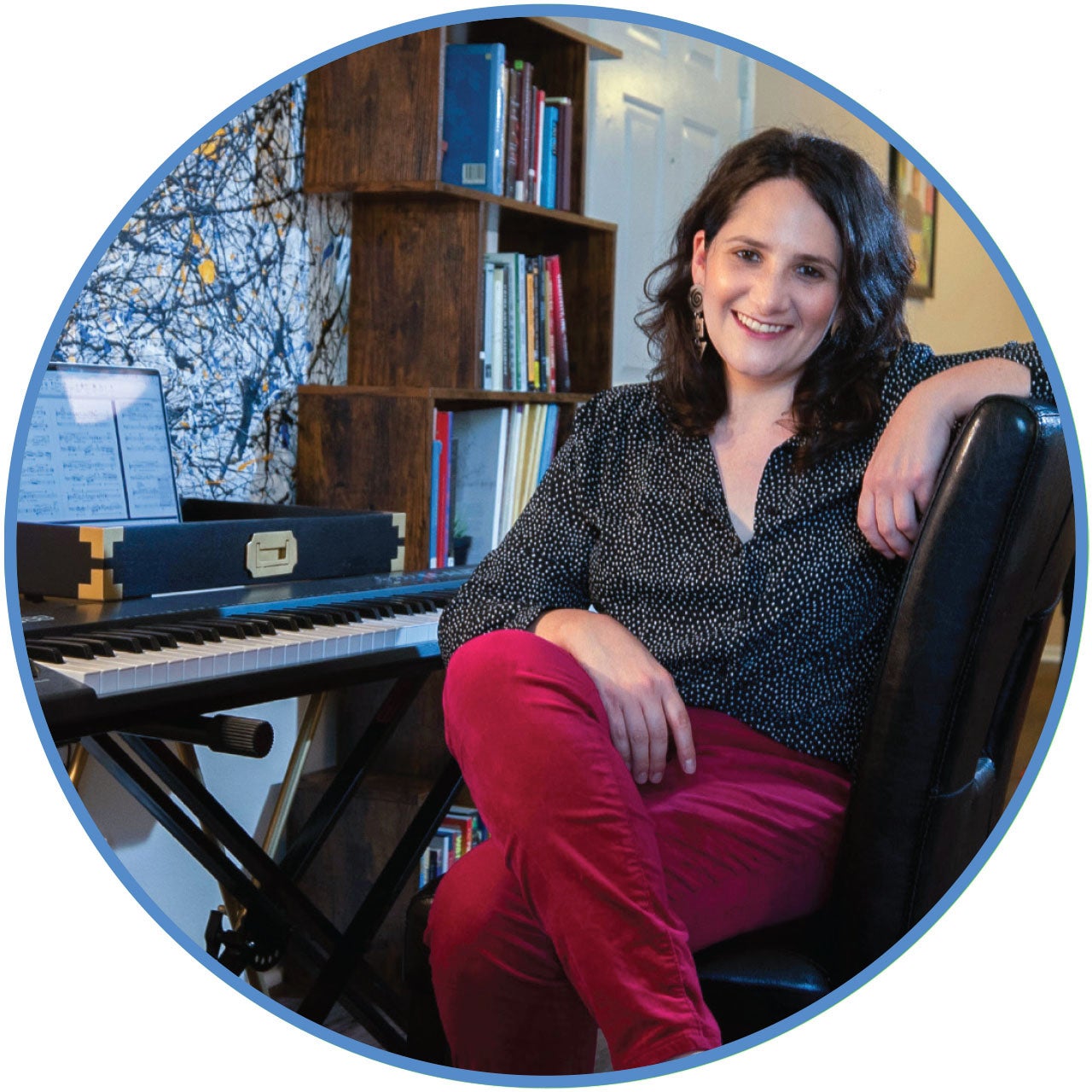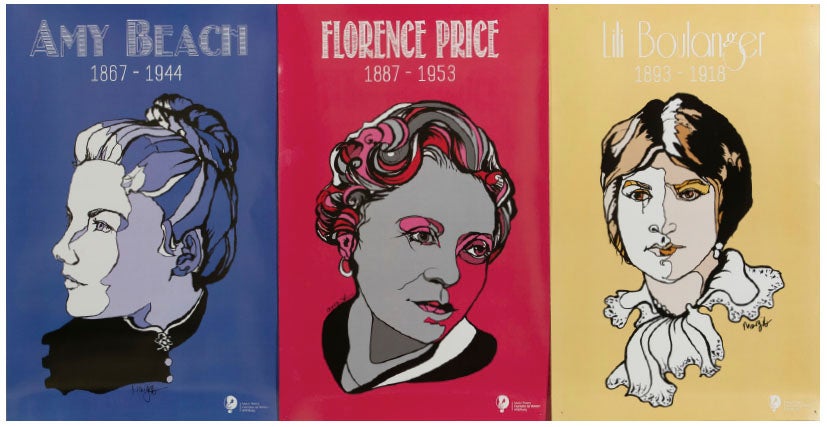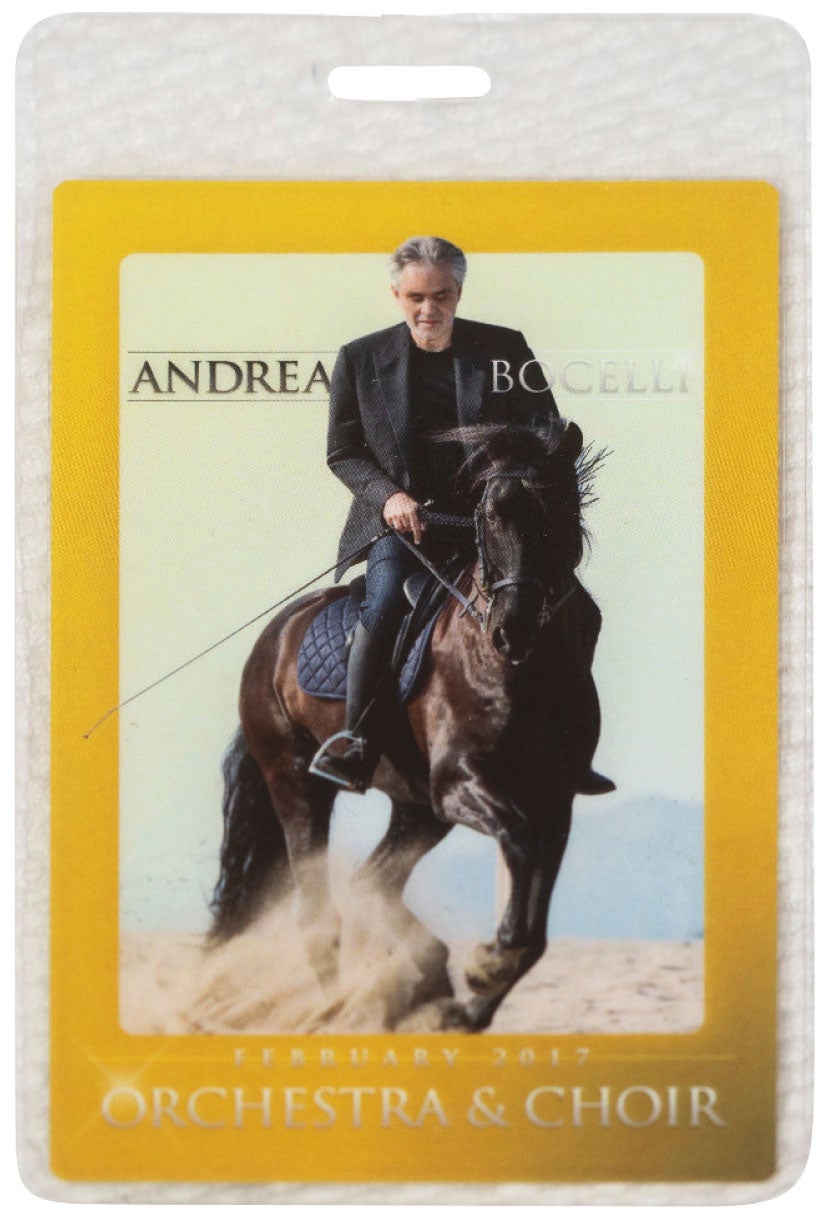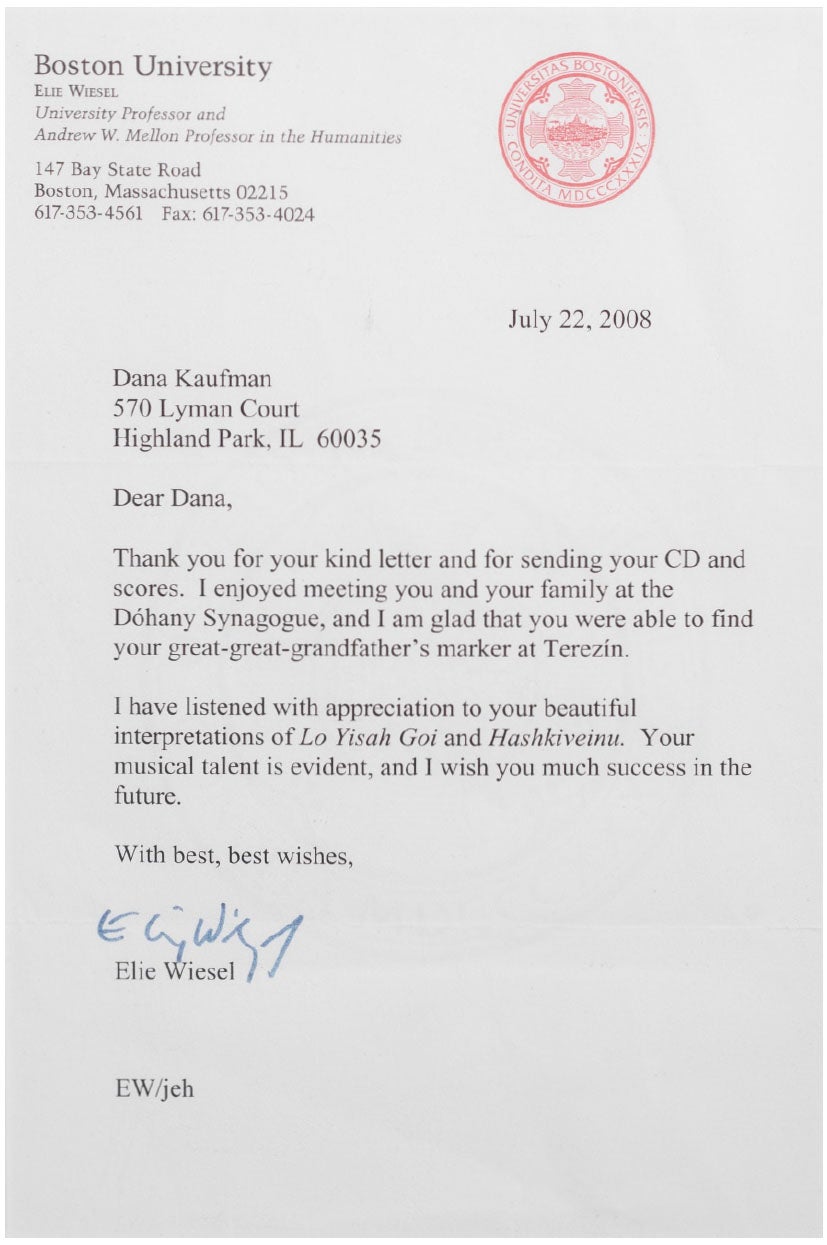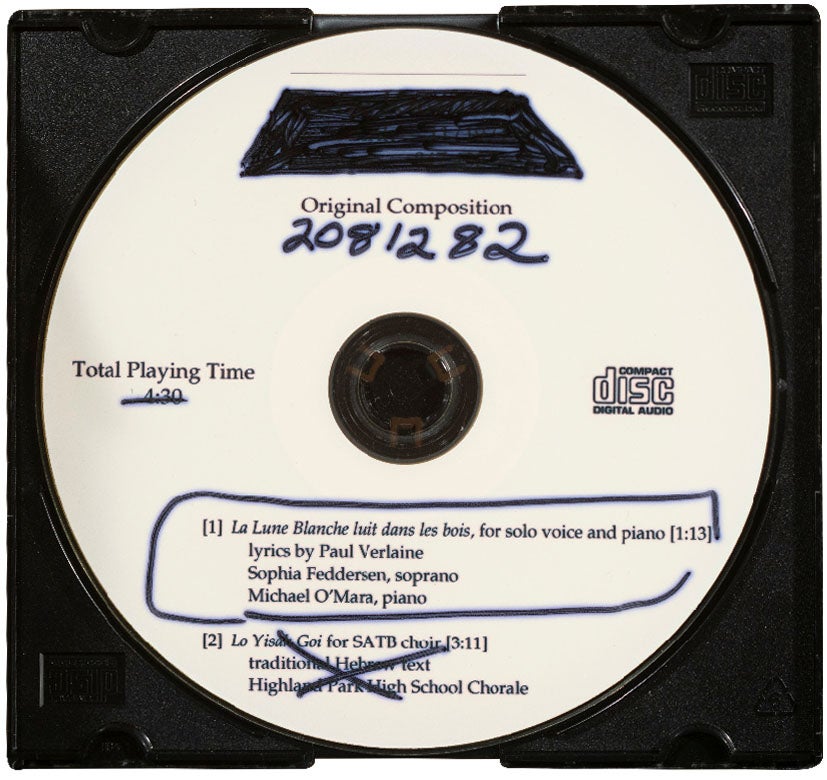OFFICE HOURS
KEY CHANGE
Writing an opera about the Kardashians led Dana Kaufman to transform the art form into a more inclusive space.
By Jessica Weber | Photos by Stan Lim
Kaufman
While millions of people watched the hit Netflix documentary series “Tiger King” last year, few had probably considered turning the saga of Joe Exotic and Carole Baskin into a musical production. But for Dana Kaufman, an assistant professor of music composition, the wild story of the eccentric tiger-keeper-turned-murder-suspect had all the makings of a dramatic opera. Commissioned by the Carlow Arts Festival in Ireland, the five-minute production “Exotic V. Baskin: The Micro-Opera” premiered virtually in June 2020.
“It was featured in several tabloid press outlets in Ireland,” said Kaufman, 31, who came to UCR in 2018 as a visiting assistant professor. “As a composer who is trying to reach a broader audience with opera and expand our more traditional conceptions of opera, I got a real kick out of being in the Irish Daily Mail and other outlets like that.”
A composer of contemporary classical music, Kaufman said she draws inspiration from Russian classical composers and modern influences like Lizzo and Led Zeppelin. She became interested in music at a young age, playing on her grandparents’ piano and learning to read music by following the colorcoded notes in a children’s song book. At age 8, she began piano lessons and started singing in a children’s choir. Kaufman started composing in high school, encouraged by a cantor at her Chicago-area Hebrew school as a way to keep her coming back.
“I finally rebelled in ninth grade and said I’d had enough,” Kaufman said.
However, the cantor persisted, suggesting they compose something together. That effort, a version of a traditional nondenominational Hebrew text called “Hashkiveinu,” was eventually published in a Jewish music anthology and is performed at synagogues throughout North America.
“Seeing this song take off was absolutely crucial in my pursuing composition,” she said.
Kaufman continued studying music in college, earning a bachelor’s degree in music and Russian at Amherst College. She spent time in Tallinn, Estonia, on a Fulbright research grant, and earned a master’s in music composition from the New England Conservatory and a doctorate from the University of Miami. “Tiger King” wasn’t Kaufman’s first foray into melding pop culture with opera — her doctoral dissertation was inspired by “Keeping Up With the Kardashians.”
“I saw (the TV show) and thought the drama and comedy is so ideal for opera,” she said.
The experience of writing “Opera Kardashian,” which premiered in 2019, prompted her continued exploration of transgender opera and social justice issues. Having conceived of the idea prior to Caitlyn Jenner — former spouse of Kardashian matriarch Kris Jenner — coming out as a trans woman, Kaufman later consulted with several advocates in the field of trans and LGBTQ rights and decided to reserve the role exclusively for transgender women.
“This seemed a great opportunity to kind of break down barriers on stage and try to change the face of opera and its exclusive nature, which has been a very oppressive space for many people throughout 400 years,” Kaufman said.
Kaufman became an assistant professor in July 2020. In addition to teaching music theory and composition courses to undergraduate and graduate students, she continues her composition work — including the score for the recent UCR theater production “She Kills Monsters.” While she’s been teaching and working from her apartment near UCR, she is eager to return to campus.
“I’m obsessed with UCR,” Kaufman said. “It’s an amazing place. I couldn’t love my job any more than I do.”
POSTERS OF FEMALE COMPOSERS
On the wall of her office on campus hang six posters of female composers. Kaufman is also involved with conferences supporting women composers and occasionally gives talks at schools about women in composition. “I didn’t even know until I was a senior in high school that women wrote classical music,” she said. “When I speak, it’s often about helping students understand that maybe they look different from Beethoven or Mozart or Bach, but that they very much belong in this space too.”
ANDREA BOCELLI BACKSTAGE PASS
In 2017, while Andrea Bocelli was in Miami on a national tour, a call was put out on social media seeking singers to fill in for members of the Opera Orlando chorus. Kaufman responded and was invited to sing with the choir as backup. “My students didn’t believe me,” Kaufman said, laughing. “I said, ‘Fine. I’ll show you my backstage pass.’ And they’re like, ‘You could’ve made that anywhere.’”
LETTER FROM ELIE WIESEL
While at the Dohány Street Synagogue in Budapest in 2008, Kaufman literally bumped into Nobel laureate Elie Wiesel, author of the acclaimed book “Night” based on his experiences in Nazi concentration camps. Kaufman told Wiesel she had written music set to Jewish texts and shared some of her family’s Holocaust story. Wiesel encouraged her to send him some of her music. She wrote the author and received a letter back that reads, in part: “I’m glad that you were able to find your great-great-grandfather’s marker at Terezín. I have listened with appreciation to your beautiful interpretations of ‘Lo Yisah Goi’ and ‘Hashkiveinu.’ Your musical talent is evident, and I wish you much success in the future.” Wiesel died in 2016 and the letter is one of Kaufman’s most prized possessions.
CD OF COMPOSITIONS
This CD contains two of Kaufman’s compositions from high school that she submitted to an Illinois Music Educators Association competition. Her piece for soprano and piano won first place in the vocal solo category and her choral piece won third place in the choral category. Kaufman was the only woman out of 10 first-place winners on stage, and one of only three women out of the 30 people who received awards. “That was a critical moment for me to literally look around on stage and see that I was alone,” she said. “I knew I really wanted to be an advocate for women in composition.”
